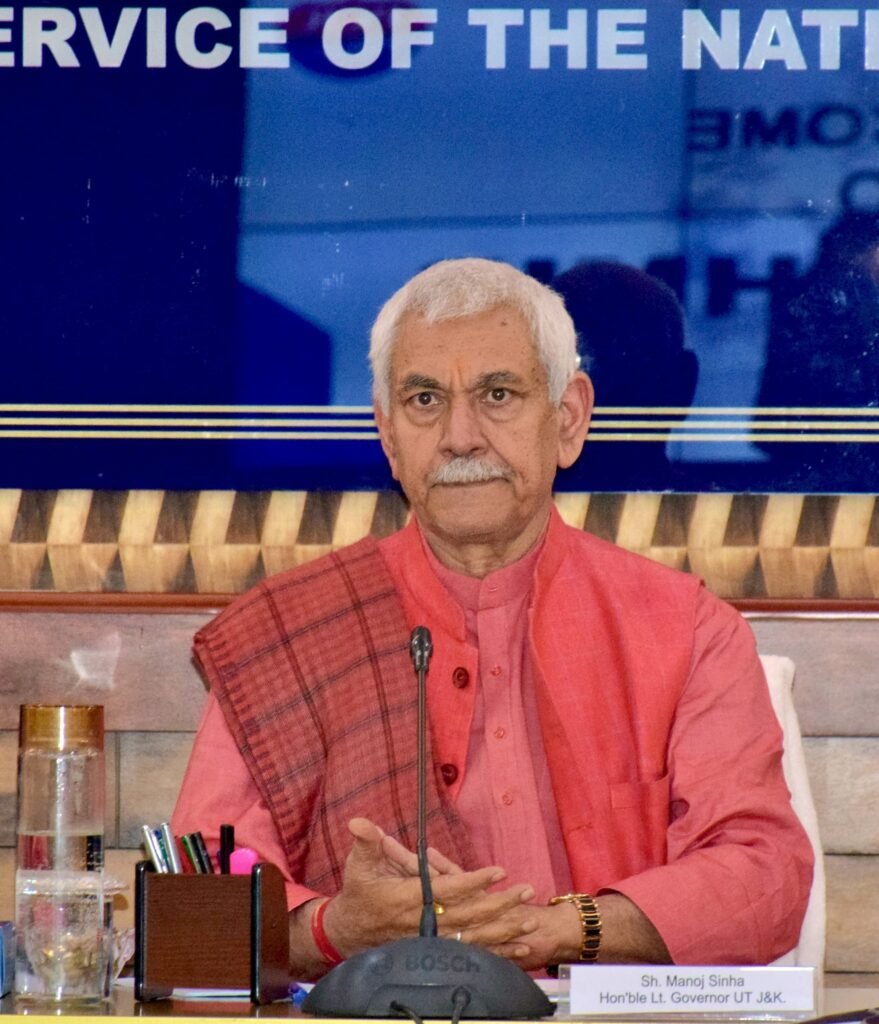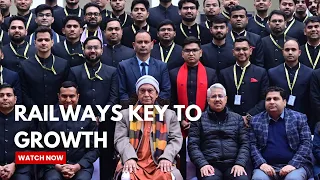Effective waste management is crucial for sustainable development, especially in environmentally sensitive regions like Jammu & Kashmir. Adopting zero waste and zero landfill strategies can significantly reduce environmental impact and promote a healthier ecosystem. This essay explores the principles of scientific waste management and how they can be implemented in Jammu & Kashmir to achieve these ambitious goals. Zero Waste is a philosophy that encourages the redesign of resource life cycles so that all products are reused. The goal is to send no trash to landfills or incinerators. This can be achieved through a combination of waste prevention, waste reduction, reuse, recycling, and composting. Zero Landfill, a subset of zero waste, specifically aims to eliminate the disposal of waste in landfills, further emphasizing the importance of recycling and waste diversion techniques. In Jammu & Kashmir, implementing these strategies requires a multifaceted approach. First, there must be a strong emphasis on public awareness and education. Residents need to understand the importance of waste segregation at the source, which involves separating biodegradable waste from non-biodegradable waste. Educational campaigns and community workshops can play a significant role in achieving this. Second, the government should invest in robust waste management infrastructure. This includes setting up efficient recycling facilities, composting units, and waste-to-energy plants. Recycling facilities can process materials like plastics, metals, and paper, turning them into reusable resources. Composting units can handle organic waste, converting it into valuable compost for agricultural use. Waste-to-energy plants can generate electricity from non-recyclable waste, providing a sustainable energy source while reducing waste volume. Third, promoting policies that encourage businesses and industries to adopt zero waste practices is essential. This can be achieved through incentives for companies that reduce waste production, implement recycling programs, and use sustainable materials. Additionally, enforcing regulations that mandate waste reduction and proper disposal practices can drive compliance and innovation in waste management. Moreover, integrating scientific research into waste management practices can enhance efficiency and effectiveness. Research can help develop new technologies for waste processing, identify best practices for waste reduction, and provide data-driven insights for policy-making. Collaboration with academic institutions and research organizations can foster innovation and ensure that waste management strategies are based on sound science. Lastly, community involvement is critical to the success of zero waste and zero landfill initiatives. Encouraging local communities to participate in waste management programs, such as neighborhood composting projects and recycling drives, can build a culture of environmental stewardship. Community-led initiatives can also provide valuable feedback to policymakers and help tailor waste management strategies to local needs. Achieving zero waste and zero landfill in Jammu & Kashmir requires a comprehensive approach that combines public education, government investment, policy incentives, scientific research, and community involvement. By adopting these strategies, the region can reduce its environmental footprint, conserve natural resources, and pave the way for a sustainable future.










